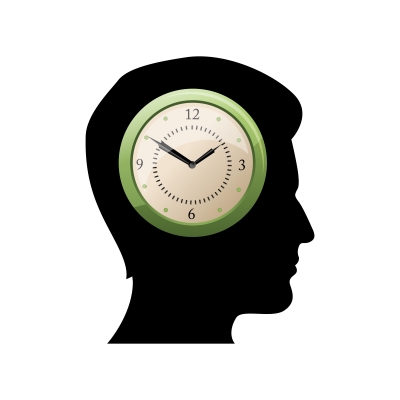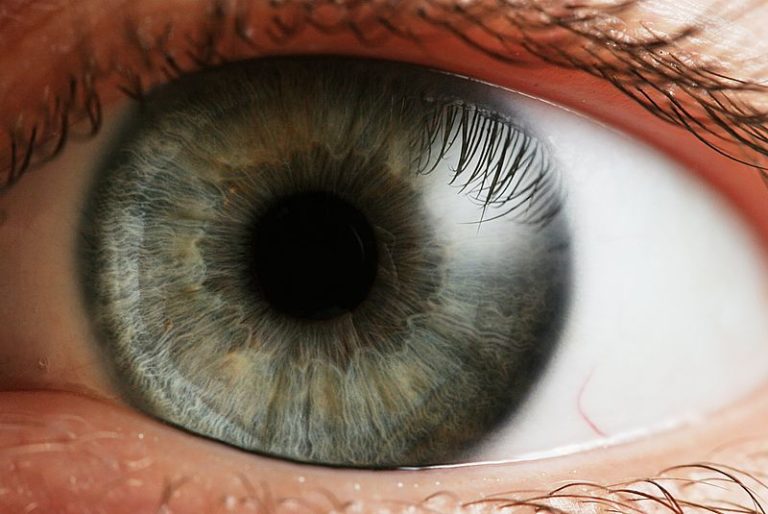Alzheimer’s Subtype may be Commonly Misdiagnosed
Patients with a new subtype of Alzheimer’s disease are commonly misdiagnosed and don’t receive proper treatment, a new study shows. Led by Dr. Melissa Murray, Assistant Professor of Neuroscience at the Mayo Clinic, the research team analyzed the brains of more than 1,800 Alzheimer’s patients and found that 11 percent of them had a subtype, …













